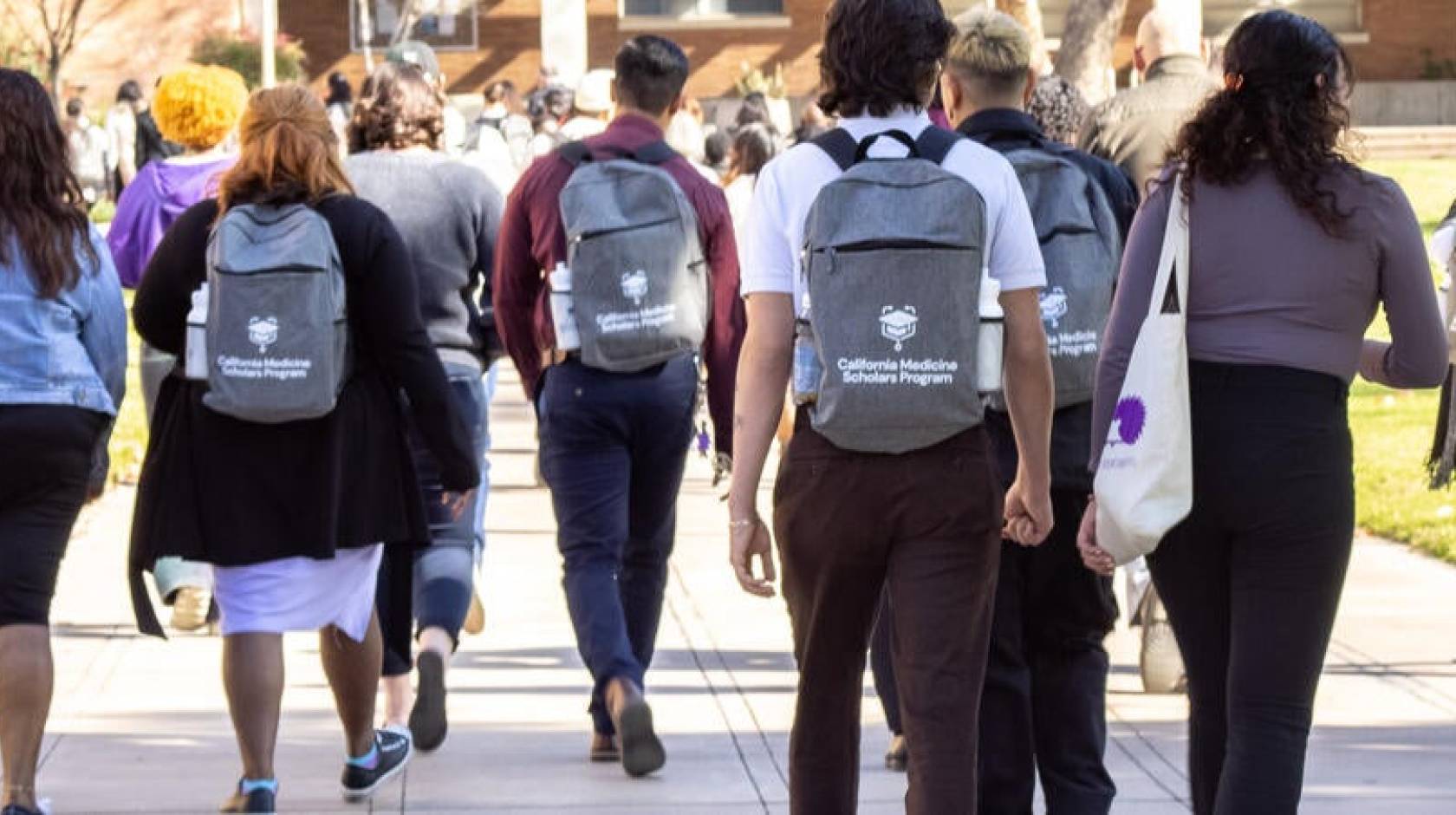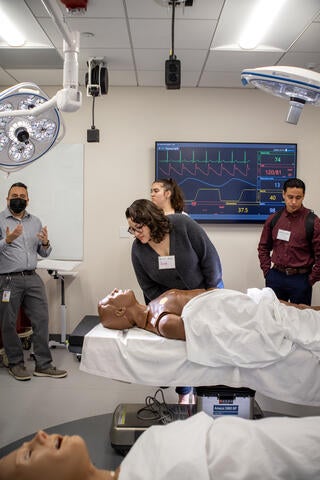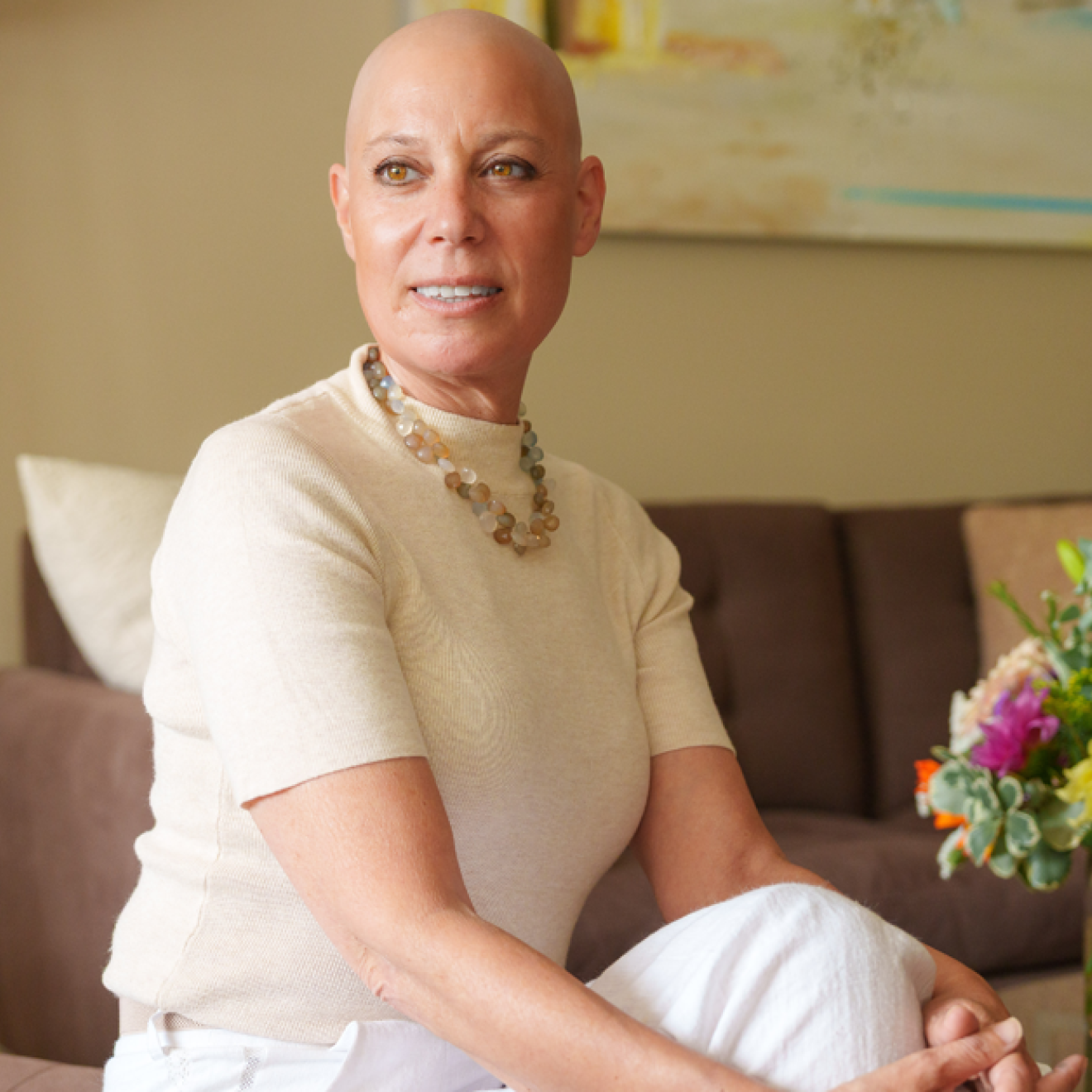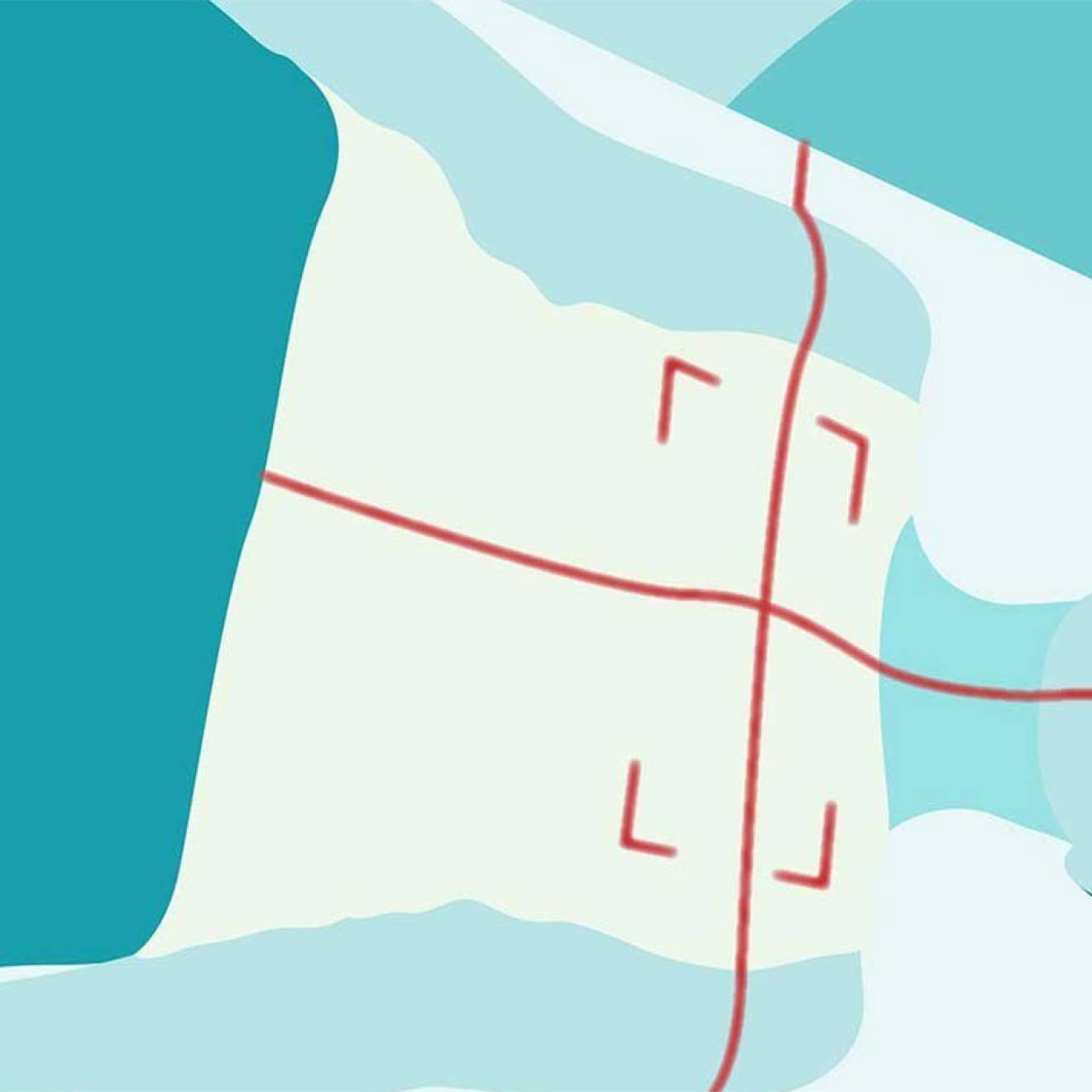Iqbal Pittalwala, UC Riverside

The UC Riverside School of Medicine welcomes its first class of California Medicine Scholars — 37 community college students from across inland Southern California who will receive tailored academic support on their path to medical school.
The inaugural class is part of a new state-funded effort, the California Medicine Scholars Program, or CMSP, to diversify the primary care physician workforce and respond to looming shortages in the health workforce. CMSP is a key part of the state’s strategy to close a projected shortfall of more than 4,000 primary care physicians by 2030, and address widening disparities in access to care in rural and underserved communities.
The School of Medicine’s Pathway Programs strengthened its community college outreach over several years, including piloting a community college mentorship with medical students in 2021-2022.
“With CMSP, I am excited that community college students are part of a four-year pathway program from community college to medical school that is complete with mentorship, internships and professional development,” said Teresa Cofield, director of the medical school’s Pathway Programs. “More importantly, the students are part of a regional and statewide network of resources. The program aligns with our mission to grow our own physicians, especially to fill the region’s shortage of primary care physicians.”
The scholars will be provided a range of advising, internship, and volunteer healthcare experiences through a Regional Hub of Healthcare Opportunity, or RHHO, based at the UC Riverside medical school. They will also receive support such as mentoring and networking opportunities with medical professionals and medical school students.
“Education and medical professionals, community representatives, and stakeholders and supporters in workforce development, healthcare workforce, and equity in education have worked diligently over the last year to recruit our first cohort of students,” said Rowena Robles, executive director of CMSP. “Starting this spring, this program will begin providing these new scholars with opportunities they might never have had to put themselves on the path to medical school — and, ultimately, to work as physicians in California.”
Today, almost 45 percent of Californians have insufficient access to a primary care physician, and only 17 percent of medical students come from underrepresented groups. According to a survey released in February by California Health Care Foundation and NORC at the University of Chicago, 85 percent of Californians say that “making sure there are enough doctors, nurses, and other health care providers across California” should be an important priority for the state government to address. In addition, 42 percent of Black and Latino Californians say their community lacks adequate numbers of primary care providers — along with 53 percent of San Joaquin Valley residents and 48 percent of people living in the Inland Empire.
Expanding the number of physicians from backgrounds underrepresented in medicine, who are more likely to practice in rural and low-income areas where physician shortages are most acute, is one way to close the gap. The California Community Colleges — with nearly two million students, 69 percent of whom are from diverse ethnic backgrounds — is uniquely positioned to improve diversity in the health workforce.
CMSP’s four RHHOs include community colleges, along with universities, medical schools, community health clinics and community-based organizations that collaborate to provide greater pre-med opportunities for students. While the Inland Empire RHHO is led by the UCR School of Medicine, the other three RHHOs are led by the following medical schools:
-
Greater Northern California: UC Davis School of Medicine
-
San Diego: UC San Diego School of Medicine
-
San Joaquin Valley: UCSF School of Medicine-Fresno
In total, this month CMSP welcomed 138 California community college students.
The 2021-22 state budget provided $10.5 million for the first three years of the program, administered by the California Department of Health Care Access and Information. The Foundation for California Community Colleges serves as its Central Office. The California Endowment, California Wellness Foundation, and The California Health Care Foundation are also funders.

Community college students visit a lab in the UC Riverside School of Medicine.

